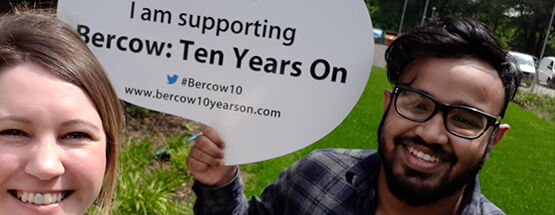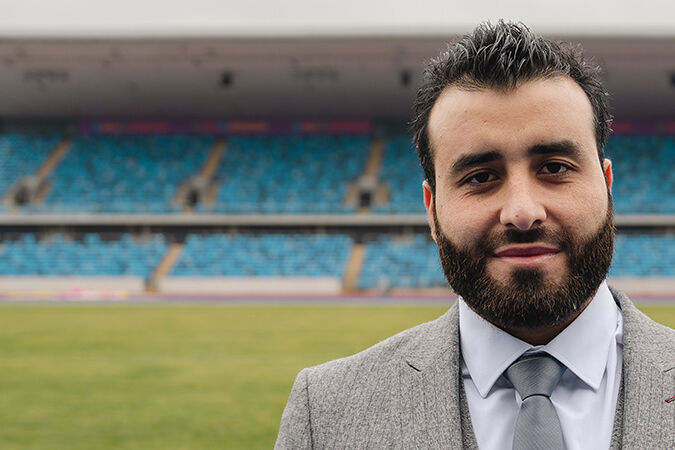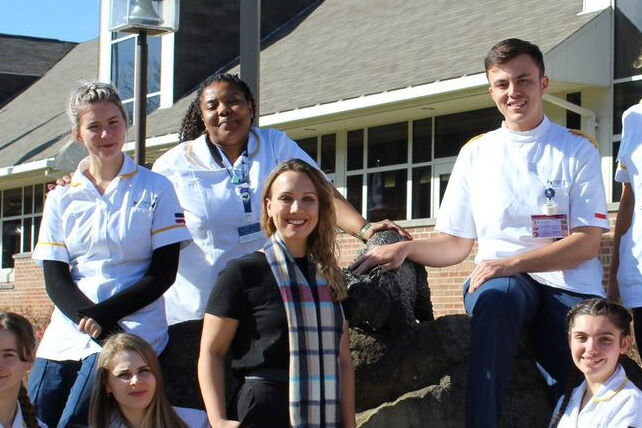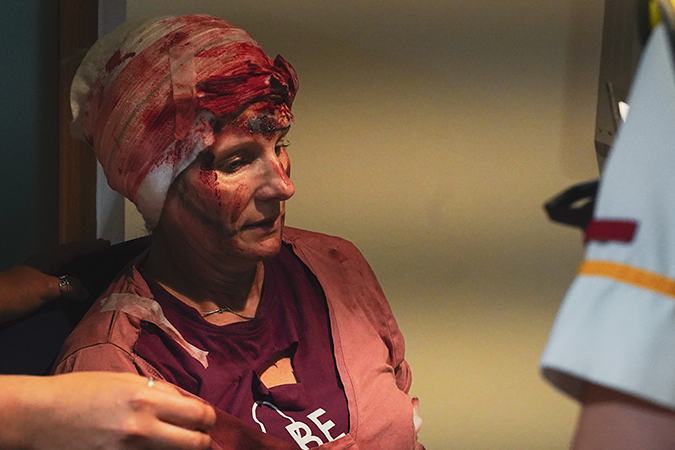Children and young people with speech, language and communication needs (SLCN) need support when you are communicating with them. Here are some top tips to think about when dealing with children with SLCN.
Pay attention
The world is so busy these days that it can be difficult to feel as though you're not permanently in a rush, but children with SLCN (like other children) will benefit from you creating time to really listen to them. Limit background noise, get on their level and wait. Don't worry about pauses, or hesitancies, or silences - just wait.
Think about it
When speaking to children and young people with SLCN, don't make it more complicated than it needs to be. Put some effort into thinking how you might change your own communication in order to make it easier for the person you are talking to. This might include:
- Avoiding use of complex vocabulary (jargon)
- Using pauses before speaking to slow the rate of conversation and build in some thinking time
- Using natural gestures (e.g. pointing) and/or signing to support what you are saying
Be honest
Don't pretend to understand if you don't. Instead explain that you don't understand and see how much you can work out together. If you still don't understand after asking for repetitions, consider:
- Using either/or questions, e.g. "Are you talking about X or Y?"
- Establishing key details, e.g. "Is this something that happened at school?"
- Offering them the opportunity to tell you in a different way, e.g. "Can you show me?" or "Can you draw it for me?"
Talk to the experts
Children and young people with SLCN are as bright, funny and capable as anyone else. They often have a lot of insight they can share about how their speech, language and communication works, so make sure you give them opportunities to share this wherever possible. Document what they find useful and explore how they would like this information shared with others. Involving parents, carers and family members in this process can support children and young people to share their views more easily and adds another layer of expertise to the picture.
Find out more
Speech and language therapists are allied health professionals who support children and adults with communication and swallowing needs to achieve their full potential.
You can read more about speech and language therapy on the Royal College of Speech and Language Therapists' website.
See our BSc (Hons) Speech and Language Therapy course here
I CAN is a charity which aims to ensure that all children and young people with speech, language and communication needs can achieve their full potential.






